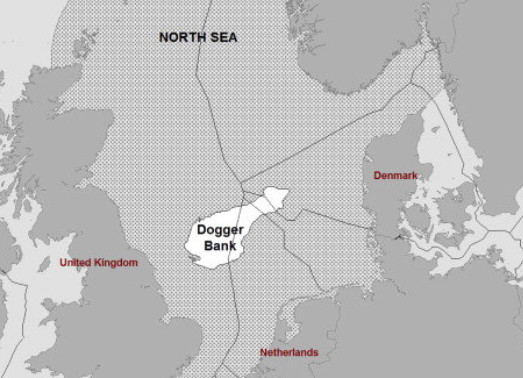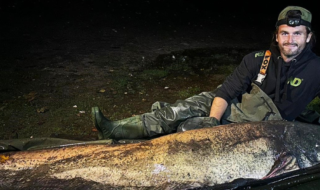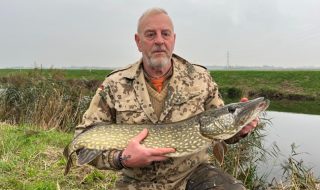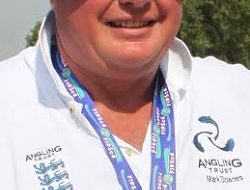Brexit has facilitated sweeping new measures to protect sea fish spawning areas in the North Sea. Damaging fishing activity such as beam trawling will be prohibited in four Marine Protected Areas (MPAs).
The move has been made possible by new post-Brexit freedoms which allow the government to protect rare habitats and wildlife in UK waters.
The byelaws, which have been subject to extensive consultation with industry and other stakeholders, will come into force in two months’ time (13 June 2022).
They are being introduced using new powers under the Fisheries Act, the UK’s first major domestic fisheries legislation in nearly 40 years. The new measures will prohibit fishing activities in MPAs where there is evidence that they harm wildlife or damage habitats.
The four byelaws ban the use of bottom trawls, dredges, demersal seines and semi-pelagic trawls, collectively known as bottom towed gear, over certain areas. There are also additional restrictions in two of the sites preventing the use of certain static gears such as pots, nets or lines over especially sensitive areas.
measures on fishing within these four MPAs in English waters:
Dogger Bank Special Area of Conservation
Inner Dowsing, Race Bank and North Ridge Special Area of Conservation
South Dorset Marine Conservation Zone
The Canyons Marine Conservation Zone
Environment Secretary, George Eustice, said:
“Outside the EU, we are using our new freedoms to protect our marine environment. We will be stopping trawling and dredging in these Marine Protected Areas to protect wildlife and habitats, through powers we have in our Fisheries Act 2020.”
The UK shares the sensitive Dogger Bank with Germany, the Netherlands and Denmark but the European Commission has yet to ensure there are similar options to protect this Special Area of Conservation, formerly home to critically endangered species such as common skate and angel shark and still a nursery for many fish species and a foraging ground for seabirds and large mammals such as minke whale, beaked dolphin and harbour porpoise. Around two thirds of the Dogger Bank is in UK waters.
Charles Clover of the Blue Marine Foundation said that he applauded George Eustice and his fellow ministers for getting the MMO to put forward this option to ban all destructive fishing from the Dogger Bank, and added that he sees it as a test case for the rest of the UK’s offshore marine reserves, adding that they have evidence to show that this level of protection is not only necessary, but vital.
John Condon, a lawyer for ClientEarth Wildlife and Habitats said that they hoped to see the European Commission follow this example set by the UK Government to look at ambitious options for safeguarding these important protected areas and added that he believes that if the Commission is serious about protecting the Dogger Bank, it needs to turn commitments into concrete action by ensuring that conservation measures are proposed that close the Dogger Bank to all forms of destructive fishing.
The byelaws will bring in management
Tom McCormack, Chief Executive Officer of MMO, said:
“Many of our inshore marine protected areas are already protected through MMO and Inshore Fisheries and Conservation Authority byelaws. The Fisheries Act includes new powers allowing us to better manage and control fishing in our offshore Marine Protected Areas. These new byelaws represent the next step in our nature recovery journey, ensuring our marine life can recover and thrive.”
The first four MPAs were chosen as a priority to help protect their vibrant and productive undersea environments. They include the Dogger Bank Special Area of Conservation, which has the largest shallow sandbank in British waters and supports commercial fish species such as cod and plaice, as well as sand eels that provide an important food source for kittiwakes, puffins and porpoises. They also include the Canyons Marine Conservation Zone which protects rare and highly sensitive deep water corals.
The names of the byelaws are:
“The Dogger Bank Special Area of Conservation (Specified Area) Bottom Towed Fishing Gear Byelaw 2022”;
“The Inner Dowsing, Race Bank and North Ridge Special Area of Conservation (Specified Areas) Prohibited Fishing Gears Byelaw 2022”;
“The South Dorset Marine Conservation Zone (Specified Area) Bottom Towed Fishing Gear Byelaw 2022”; and
“The Canyons Marine Conservation Zone (Specified Area) Prohibited Fishing Gears Byelaw 2022”.






